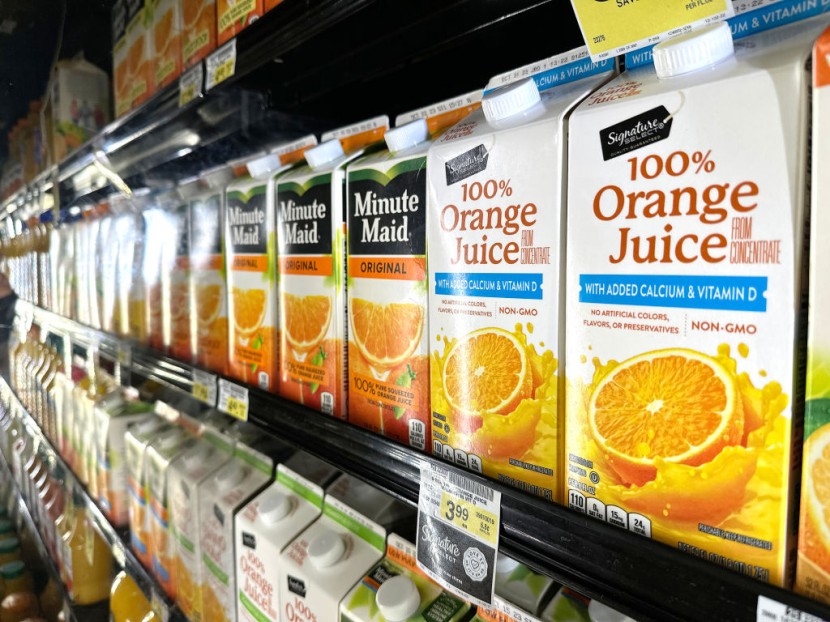A new study that analyzed 42 other observations found that drinking one glass or more of 100% fruit juice every day is linked to weight gain among adults and children.
The research was published on Tuesday in JAMA Pediatrics and was able to associate between drinking 100% fruit juice and an increase in BMI. The calculation takes into account height and weight among kids.

Researchers also found that there was an association between daily consumption of100% fruit juice with weight gain among adults. Beverages that are considered to be 100% fruit juice are those that are defined as fruit juices with no added sugar.
Despite this, the increases were relatively small, with children showing that each additional serving per day was linked to a 0.03 higher BMI. However, the researchers did find out that the numbers varied by age as BMI increases appeared to be greater for younger children.
The study noted that the analyses suggested that younger children, particularly those younger than 11 years, showed a greater BMI gain per every 8-oz additional serving per day of 100% fruit juice compared to other children, as per CBS News.
While the research showed a positive association between BMI increase and drinking 100% fruit juice, it does not necessarily mean that the drinks should be avoided. The study suggested that being more mindful about how much an individual consumes is more important.
The authors of the study wrote that their findings were in support of public health guidance to limit the consumption of 100% fruit juice to prevent overweight and obesity. Furthermore, the situation raises the question: if fruit itself is healthy and recommended, why is 100% fruit juice associated with weight gain?
The authors pointed to what they called "liquid calories" as the potential factor that could answer this question. They noted that liquid calories have been shown to result in greater weight gain compared with the ingestion of solid calories.
Difference Between Liquid Calories and Solid Calories
The study comes as childhood obesity affects approximately 14.7 million children and teenagers in the United States based on data from the Centers for Disease Control and Prevention (CDC). Michelle Nguyen, a PhD candidate in Nutritional Sciences at the University of Toronto, is part of the researchers who conducted the study, according to Newsweek.
She said that the lack of dietary fiber in fruit juice compared to its whole fruit form can lead to decreased satiety. Specifically in children, studies have shown that early introduction of fruit juice may lead to an increased risk of overweight and obesity because of the increased preference for sweet food.
A member of the American Academy of Pediatrics' (AAP) committee on nutrition, pediatric endocrinologist Dr. Tamara Hannon said that the findings of the study were "quite valid and match what we see clinically."
Her remarks were made despite the study's conclusion not drawing any direct causation, only an association. The AAP advises parents and guardians to avoid juice entirely for babies younger than one year due to concerns over the rising rate of childhood obesity and dental cavities, said CNN.
© 2026 HNGN, All rights reserved. Do not reproduce without permission.








